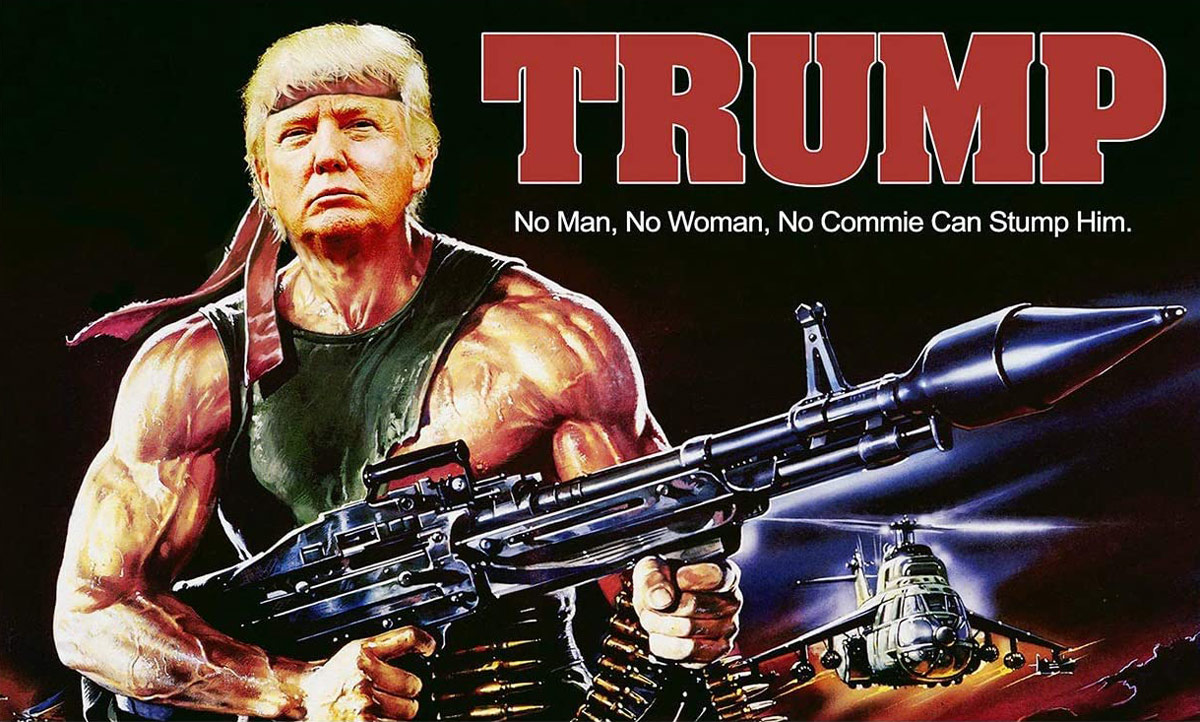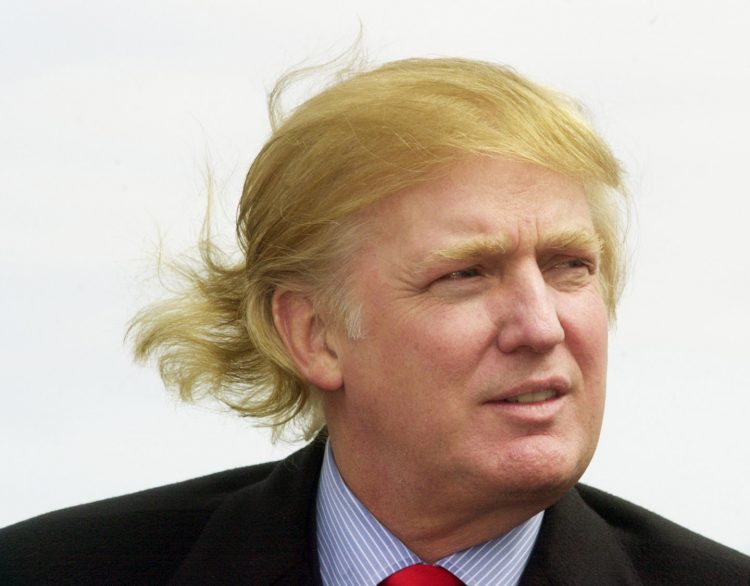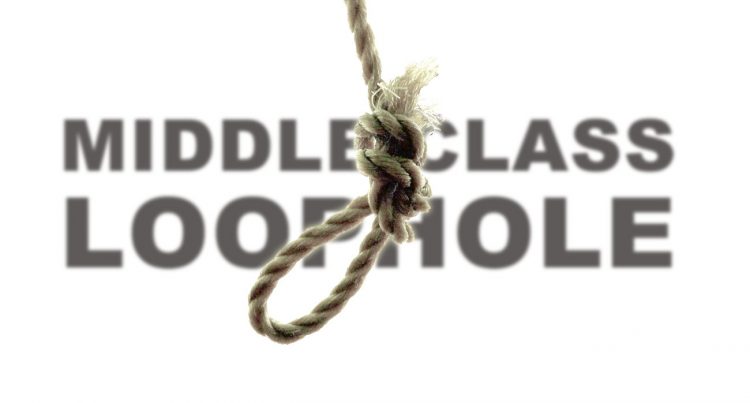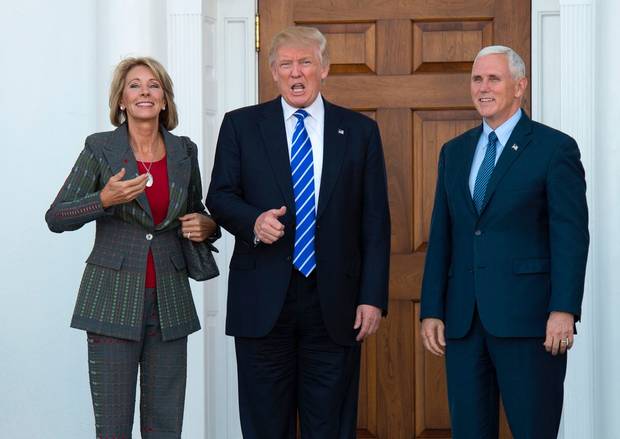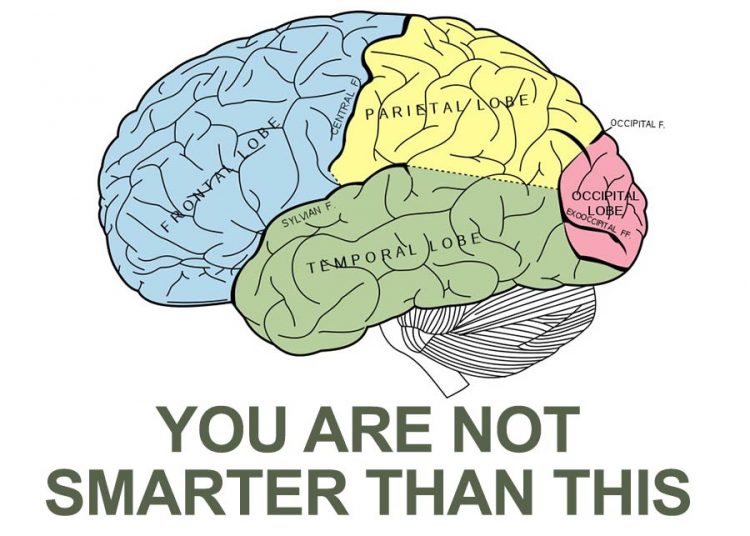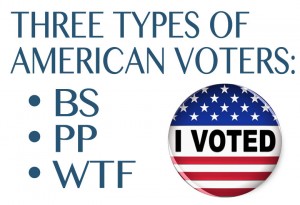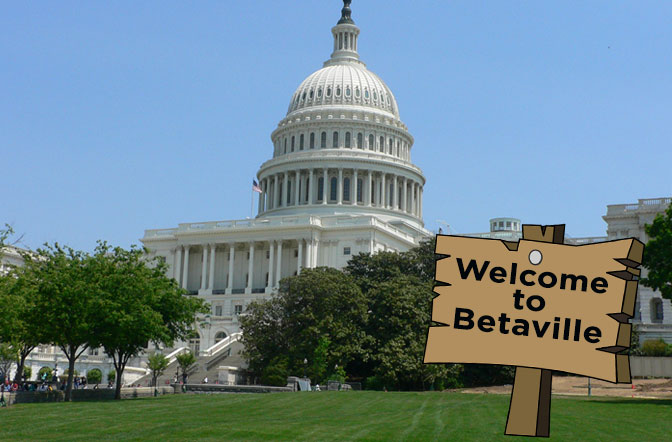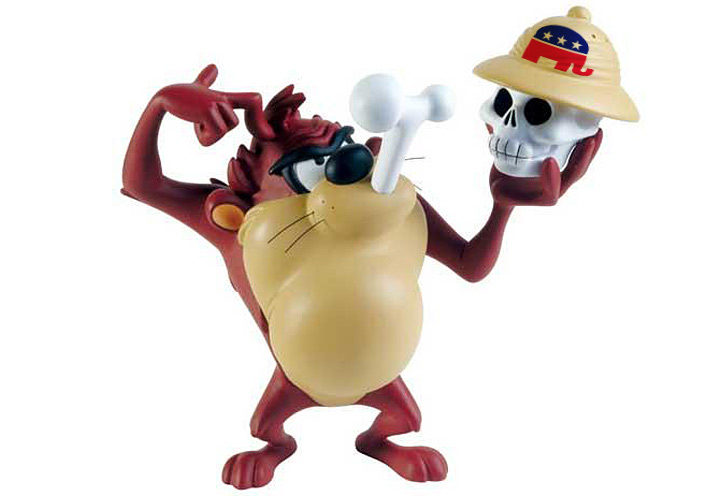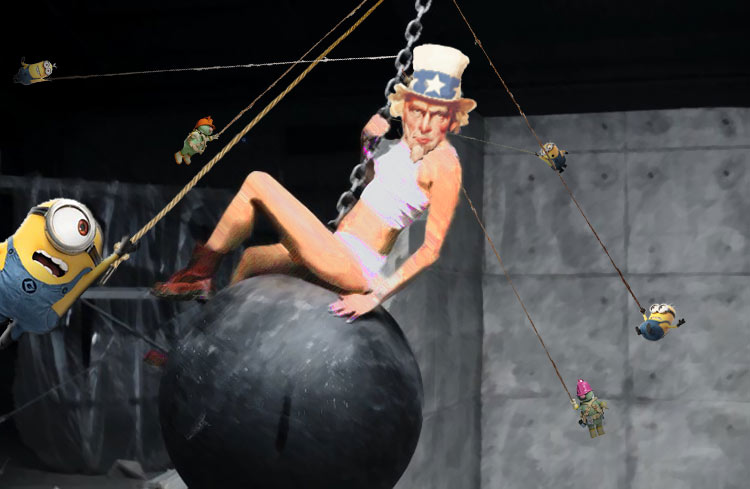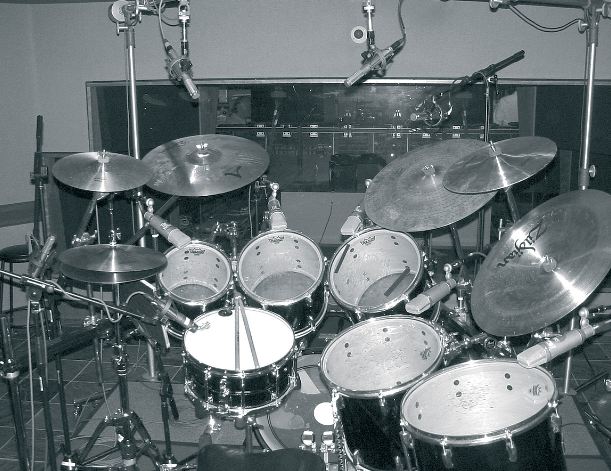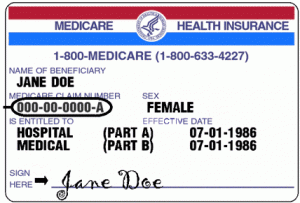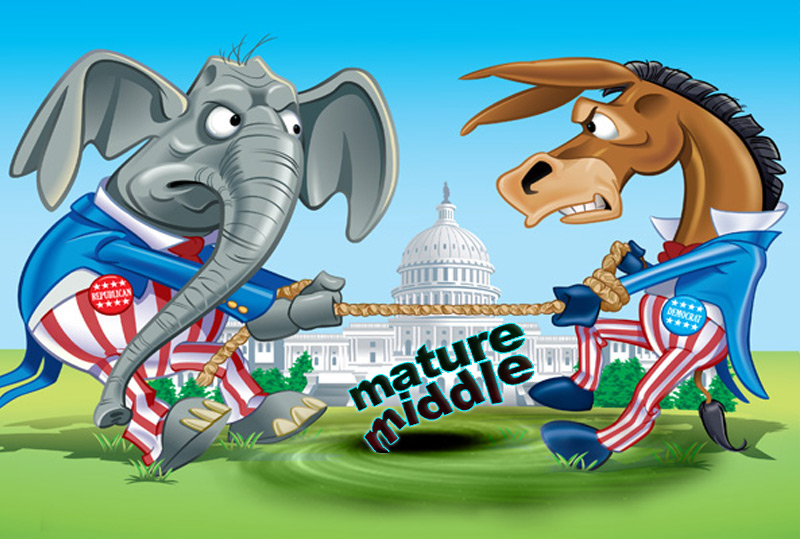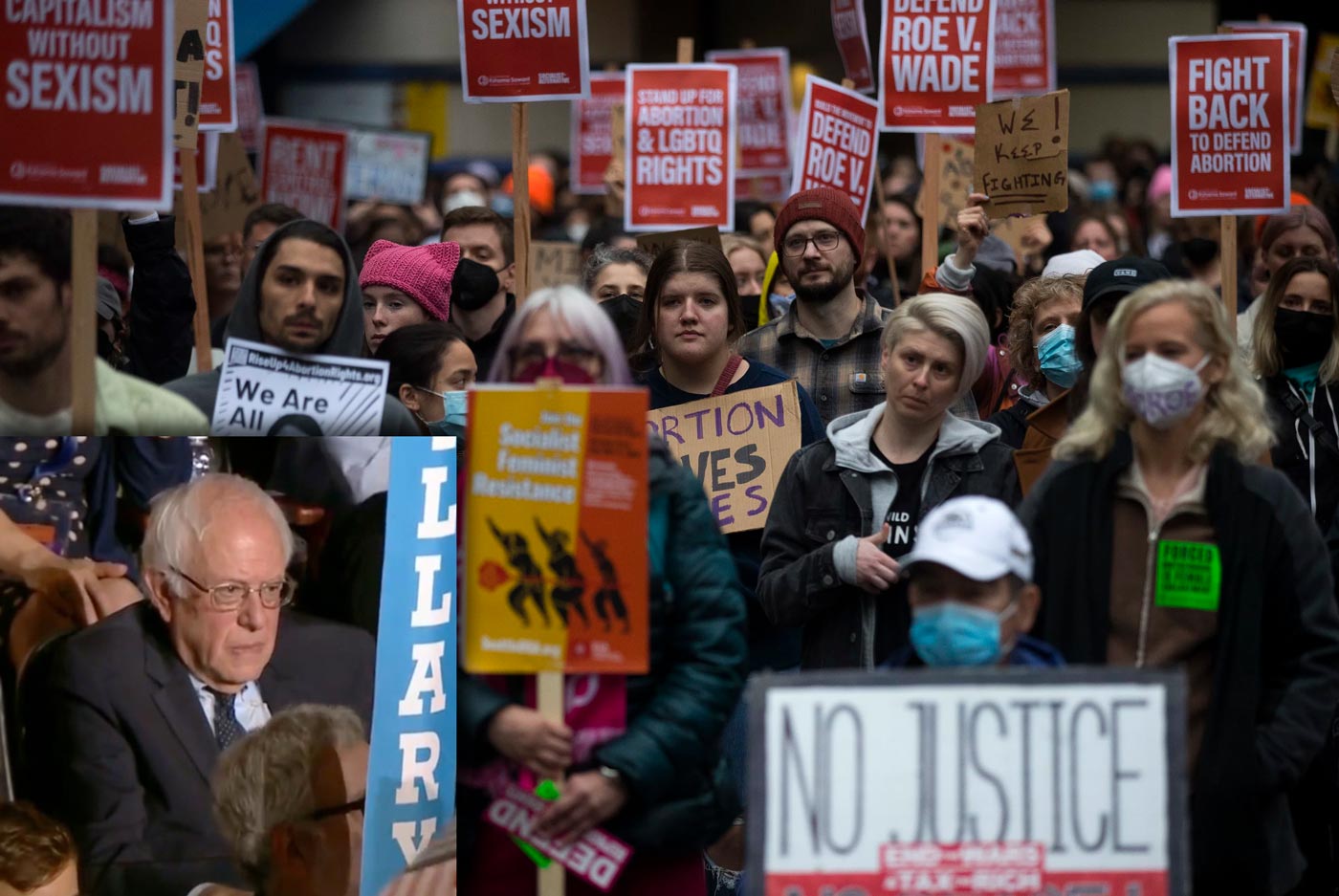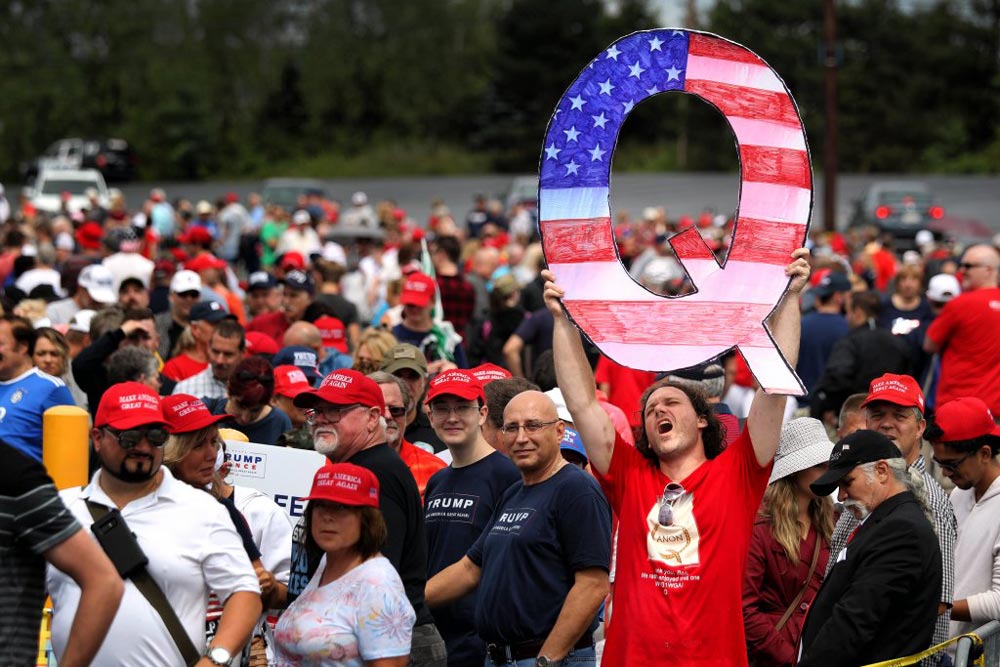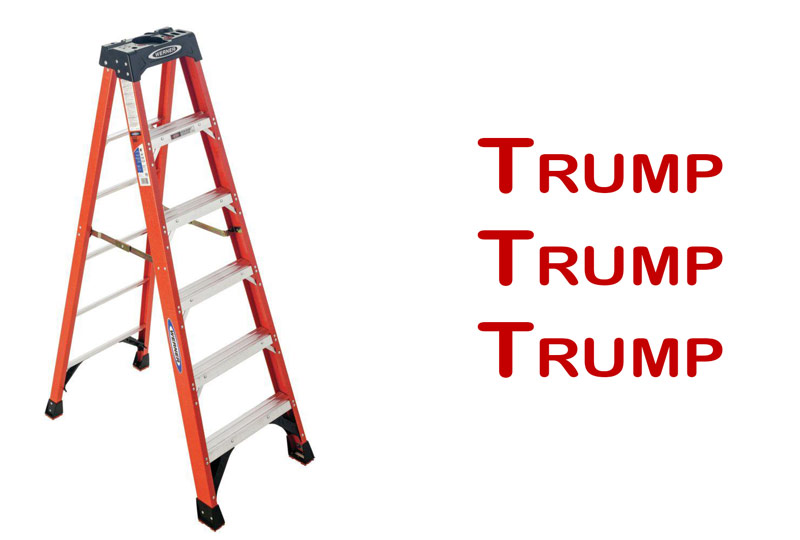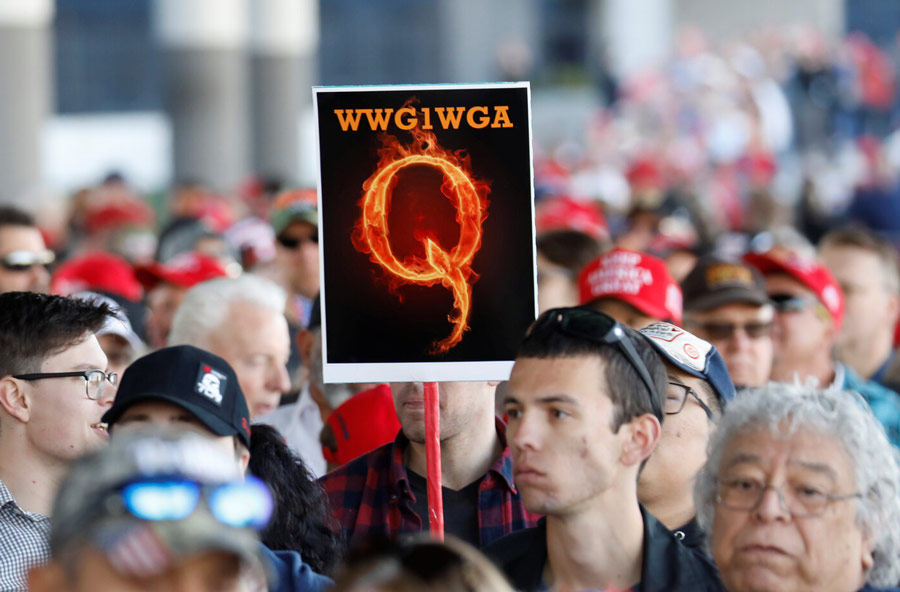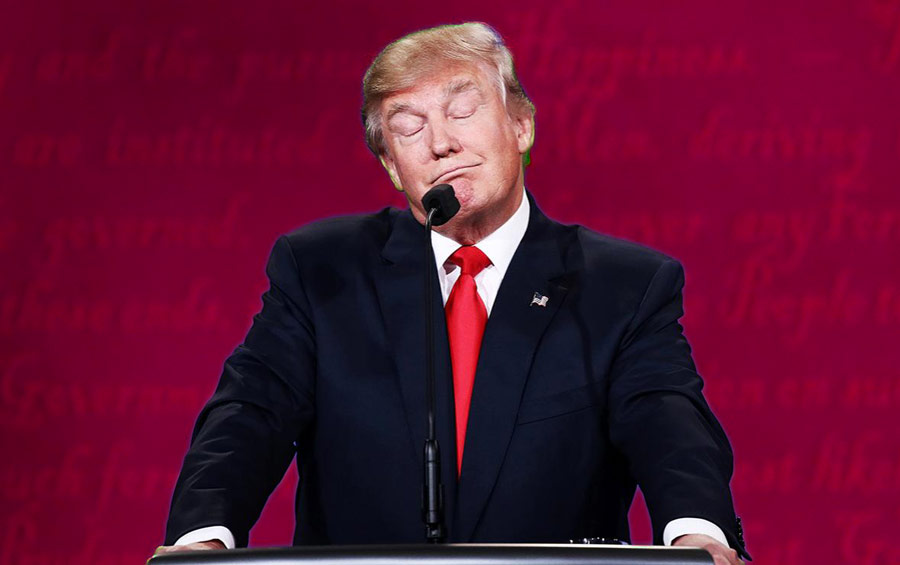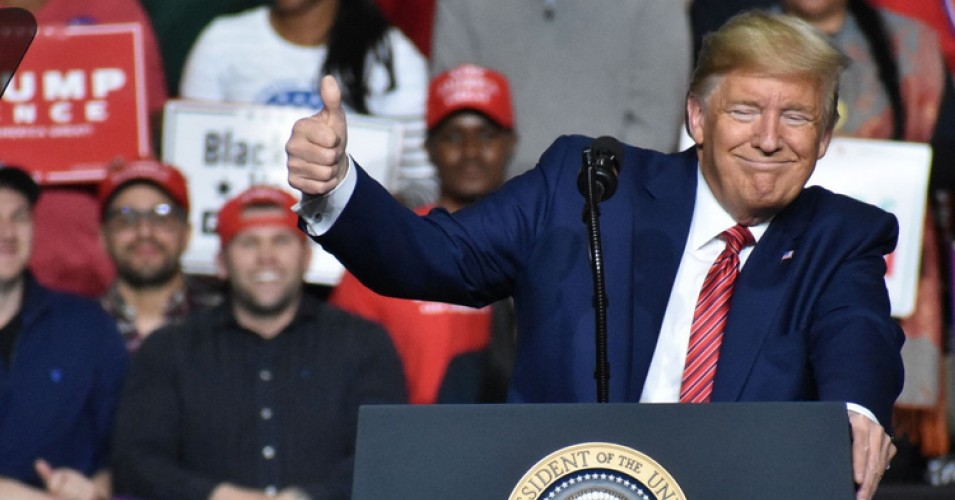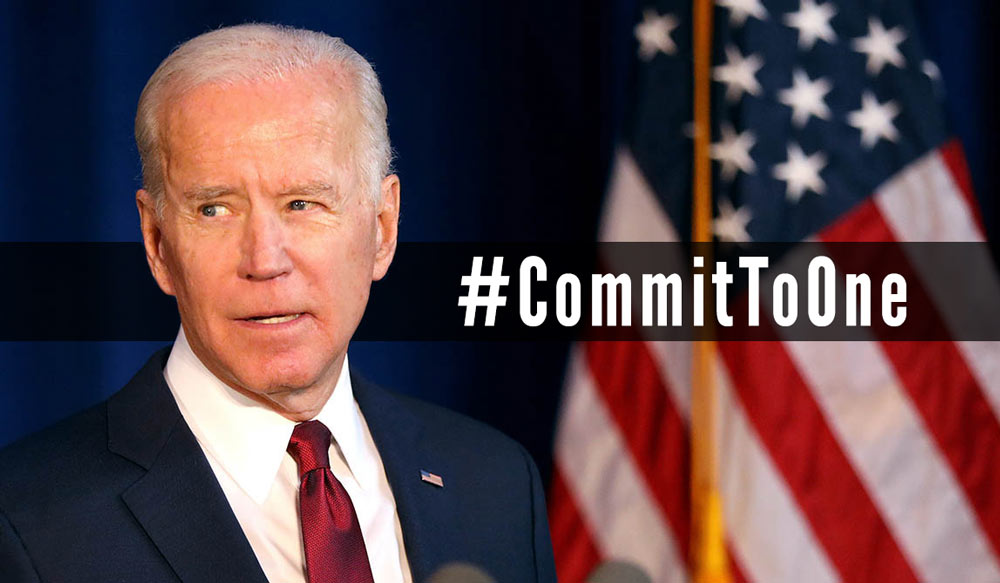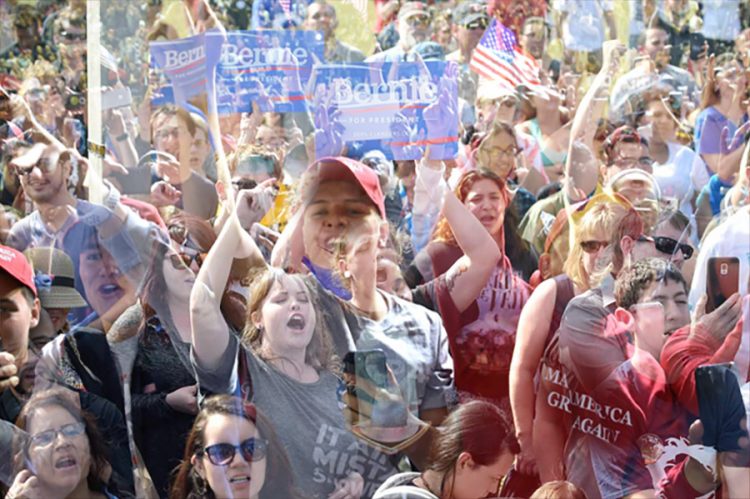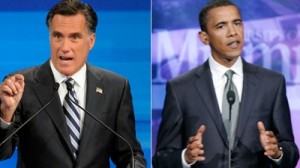 There are just barely enough people in the United States still looking for an excuse not to re-elect President Obama, and to give Mitt Romney a narrow (very narrow) window at pulling off a win. As such, the debates do have a chance of having an impact on the 2012 election.
There are just barely enough people in the United States still looking for an excuse not to re-elect President Obama, and to give Mitt Romney a narrow (very narrow) window at pulling off a win. As such, the debates do have a chance of having an impact on the 2012 election.
The differences with this election are important, however, and they are not in Mitt Romney’s corner: Twitter and fact checkers. Mitt Romney is a politician of the 90s; a time when a politician could say anything to anyone without it coming back to haunt him. Clearly, Mitt has yet to adapt to the instant feedback reality that is politics in 2012.
The challenges for Mitt Romney are steep. He’s the one who has to not only convince people that they have enough of a reason not to vote for Obama, but he also has massive negatives of his own that need to be overcome. The political feasibility of the latter task is yet unknown, because Mitt Romney has changed his positions so many times in the last 8 years that it will be next to impossible to convince the still undecided voters that “what he says this time” is actually what he believes.
However, Mitt Romney does not have to get people to actually like him during the debates – he just has to get them to believe that he is not, in fact, a bumbling idiot. Unfortunately, a large part of accomplishing that goal will require stepping into the fast-moving currents of facts – a river away from which the Romney / Ryan campaign has navigated during their entire campaign, and it’s has to be that way given the nature of the Republican Party.
The Republican Party is not a solid party anymore; it’s a collection of groups who overlap, narrowly, on small issues. It’s a coalition party, not a singular political party.
Since the Republican Part has become more akin to a Frat party where each clique hangs out in different rooms, but they all happen to be in the same house, loud music, alcohol, and pretty faces keep the party going… facts cause groups to leave the party because inevitably facts create tension within the small areas of overlapping beliefs. Mitt Romney, then, has a very narrow path to walk: release facts to try and win some undecided independent voters without clearing all the rooms in the Republican frat house.
On the other side of the “Facts” issue, Obama needs to address the smear campaign that the right has been slinging in the election. Since the Romney campaign and all of the Republican SuperPACs have openly declared they don’t care about facts, the debates are the only time when people who are unclear due to the barrage of commercials in the swing states will give him a chance to clear the record.
Of course, the Obama campaign doesn’t want the President to look like he’s being defensive – can’t give an inch of “excuse” not to re-elect him – but the matter remains: the 2012 debates are the only time that those who believe lies being told to them by the right *might* at least listen to what Obama has to say. Outside of the debates it’s just chatter. Speeches and rallies are preaching to the choir – the debates can blow away all the fog that has been created (on both sides, I’m sure) by the negative campaigning and uncontrollable SuperPACs.
The sad part is that, in truth, these debates are targeted at about 1% of the population. The national polls don’t matter, and some of the swing states have already gone from toss up to lean to solid to one side or the other. The importance of the impact of the debates are now extremely narrow: the undecided voter, ONLY in key swing states like Florida and North Carolina where the race remains close. That is a VERY small part of the population. But alas, they remain undecided. For one reason or another, they either cannot make up their minds, or rather looking for an excuse to vote one way or the other. This tiny group of people will most likely give a policy stance as their reason why they finally made up their mind, but in truth it will be because of a feeling they had, quite possibly during the debates. It won’t be the policy, but how they felt when either Romney or Obama talked about policy. The different directions that each candidate want to lead the country are amazingly clear, which means the undecided are waiting on a gut feeling or some sort. A guttural reaction that finally leads them to check a box for one or the other. So the debates will matter, but in ways that, unless there is a major, major mistake by one of them, we probably won’t even be able to pinpoint – the mystery of the undecided voter.
